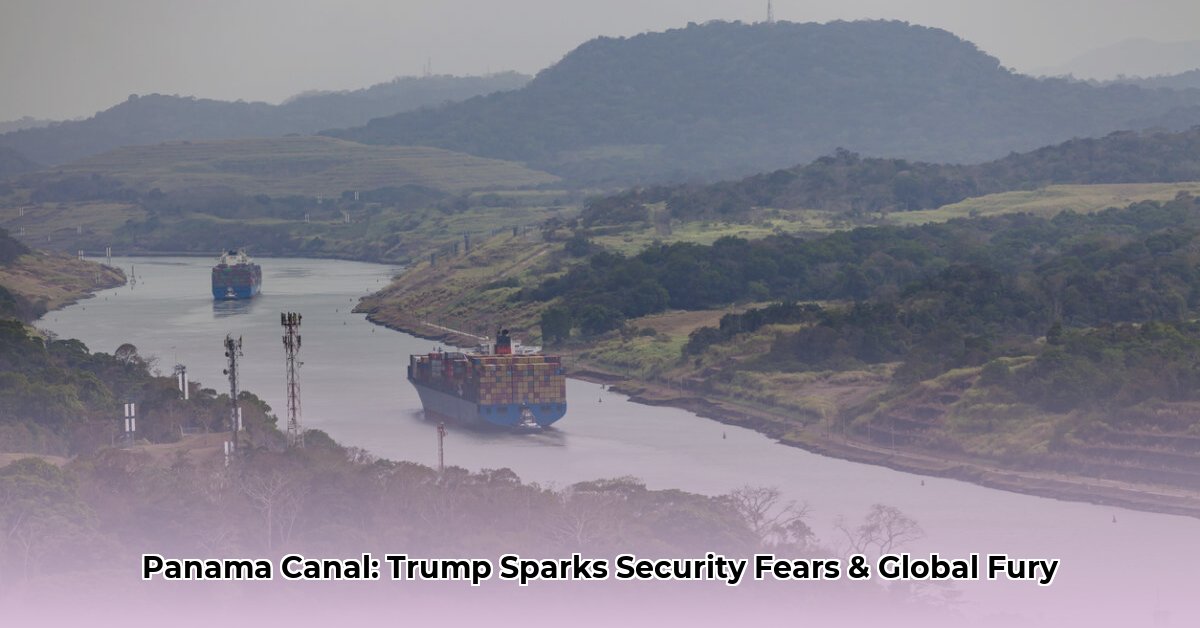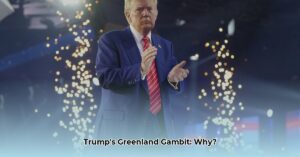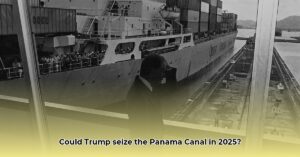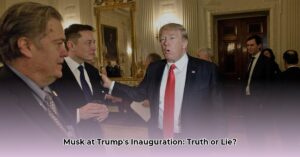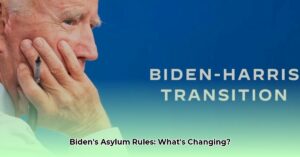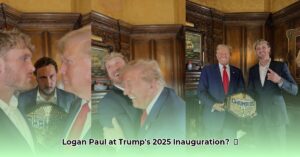Trump’s Canal Claims: A Timeline of Controversy
In January 2025, shortly before his second inauguration, then President-elect Donald Trump ignited an international firestorm with remarks about the Panama Canal during a press conference at Mar-a-Lago. Trump stated that he wouldn’t rule out using military or economic pressure to gain control of both the Panama Canal and Greenland, citing national security interests. This declaration, delivered casually at his Florida resort, sent shockwaves through the diplomatic community and raised serious questions about the incoming administration’s foreign policy approach. At the time, the Panama Canal had been under Panamanian control for over 25 years, following the U.S. handover of the Canal Zone in 1979 and the end of joint control in 1999. Greenland, an autonomous territory of Denmark, a key U.S. ally, seemed an odd addition to the discussion, further perplexing observers.
Panama’s Response and International Reaction
Panama’s reaction was swift and indignant. Government officials condemned Trump’s remarks, emphasizing Panama’s absolute sovereignty over the canal. This vital waterway, a source of national pride and economic strength, was not up for negotiation. The international community echoed Panama’s outrage. Allies and adversaries alike expressed concerns about Trump’s apparent disregard for international norms and existing treaties, specifically the Torrijos-Carter Treaties of 1977, which orchestrated the transfer of the canal to Panama.
Trump’s Rationale: National Security or Power Play?
Trump’s justification for his statement centered on the canal’s purported vital importance to American national security. He asserted that the canal was essential to U.S. interests and that action was necessary to protect those interests. However, many experts questioned this reasoning, arguing that the canal’s security was not under threat and that Trump’s claims lacked factual basis. Some speculated that his statements were motivated by political posturing or a miscalculation of the geopolitical landscape. The inclusion of Greenland in his remarks further fueled this speculation, with many analysts puzzled by the connection between the two regions.
Historical Context: A Century of U.S.-Panama Relations
The relationship between the United States and the Panama Canal is long and complex. The U.S. played a crucial role in the canal’s construction in the early 20th century and subsequently controlled the Canal Zone for decades. This period of U.S. control, while strategically advantageous, was a source of tension with Panama. The Torrijos-Carter Treaties marked a turning point, leading to the eventual transfer of control to Panama in 1999.
| Era | U.S. Involvement | Panamanian Role |
|---|---|---|
| Construction (early 1900s) | Financed and engineered the project, effectively managing construction. | Supplied labor and granted territorial rights for the canal’s construction. |
| Canal Zone Era | Exercised direct control over the Canal Zone, including governance and military. | Experienced limited sovereignty within the Canal Zone, leading to tensions. |
| Torrijos-Carter Treaties (1977) | Negotiated the gradual transfer of control, culminating in the 1999 handover. | Successfully negotiated for full sovereignty over the canal and territory. |
| Post-1999 | Maintains an interest in the canal’s safe and efficient operation. | Assumed full control and responsibility for the canal’s operation and defense. |
Analyzing the Implications: Law and Geopolitics
Trump’s statements raise profound questions about international law and U.S. foreign policy. Disregarding established treaties like the Torrijos-Carter Treaties would severely damage U.S. credibility and could destabilize international relations. Critics argued that seizing the canal would violate international law and damage the U.S.’s relationship with Panama and the broader Latin American community. This action could also embolden adversaries and create new areas of conflict.
The Way Forward: Uncertainty and Dialogue
The fallout from Trump’s 2025 remarks left a cloud of uncertainty over U.S.-Panama relations. The incident underscores the delicate balance between national interests and the importance of respecting international cooperation. Moving forward, the U.S. faces the challenge of rebuilding trust with Panama while safeguarding its legitimate interests in the region. Ongoing research and analysis will likely continue to explore the long-term implications of this incident and its effect on U.S. foreign policy. Further investigation into Trump’s motivations and the accuracy of his claims may shed additional light on this complex issue.

